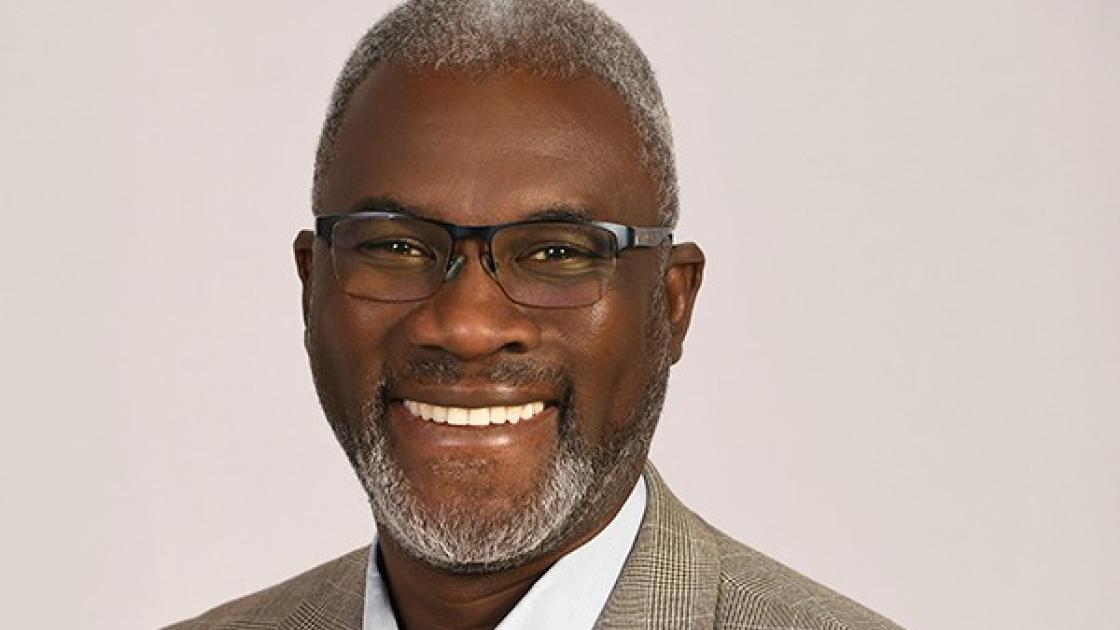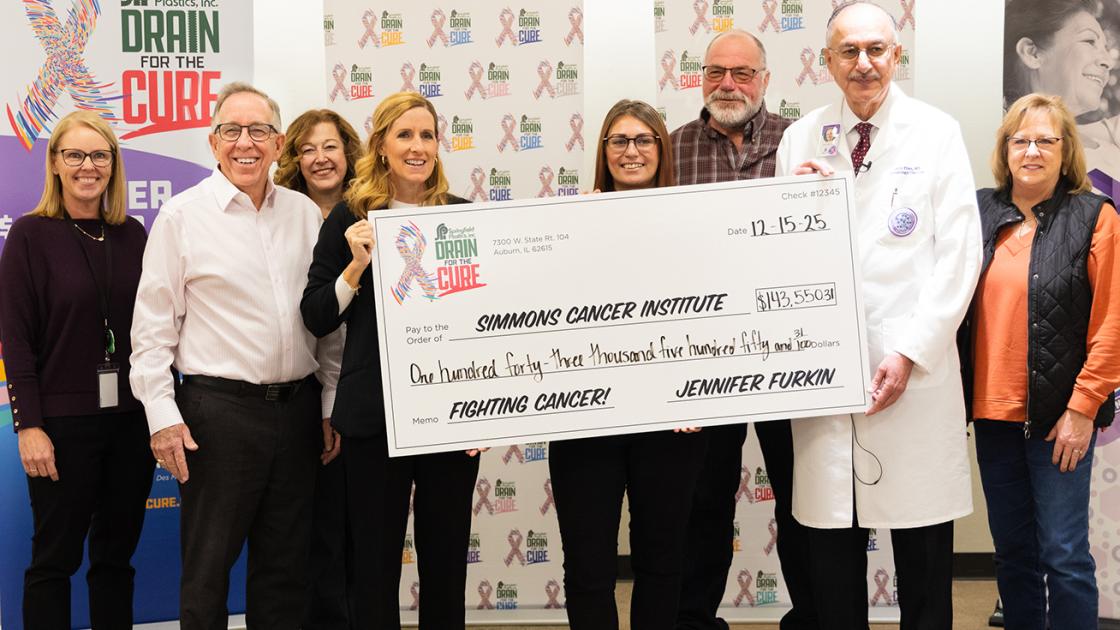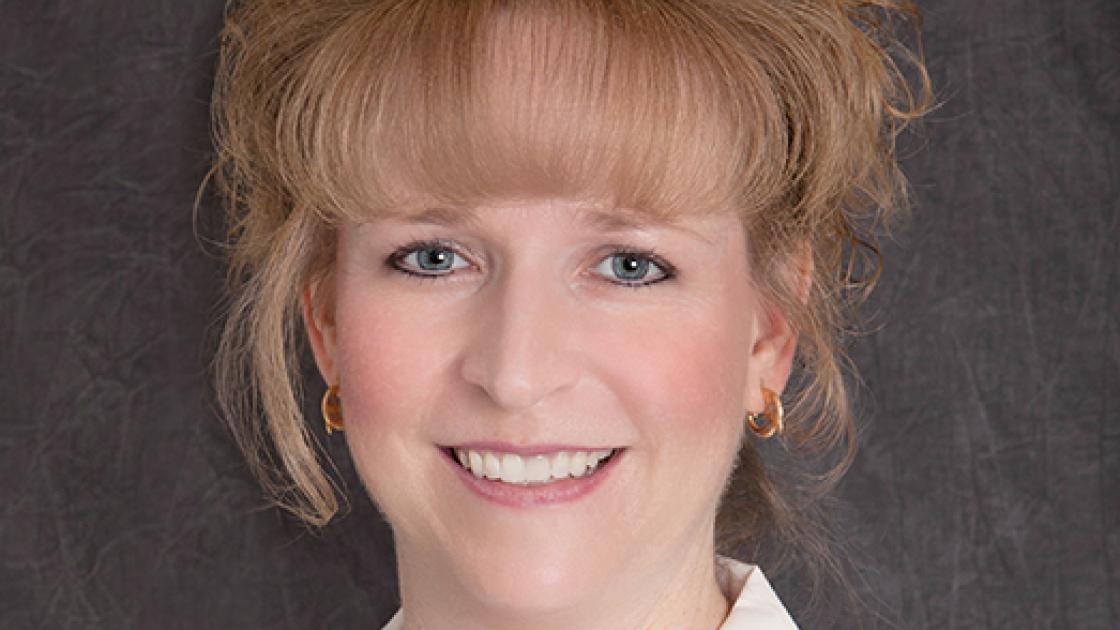
SIU's Top 5 Major Achievements in Medical Education
Here’s a look at the Top 5 education innovations that have put SIU at the forefront of medical education worldwide.
SIU School of Medicine has been innovative from day one, striving to find better ways to educate medical students.
In 1976, it was the first U.S. medical school to publish curricular objectives, the first time in the history of medical education that the entire curriculum was identified through learning objectives.
A few years later, problem-based learning (PBL) and standardized patients (SP) made SIU School of Medicine world-renowned. These two principles of medicine have been adopted by medical programs throughout the world. At least 90 percent of U.S. and Canadian medical schools use some form of PBL’s small group teaching, according to the Association for American Medical Colleges. All medical schools now use standardized patients and/or simulations for teaching and assessment.
SIU is viewed, and always has been, as a place that supports and fosters education and educational innovations. It is known for its trailblazing in clinical assessment, and encouraging a culture of creativity and continuous learning at every level -- from its students and physicians up to its deans and clinical department chairs.
Innovation has never stopped at SIU. Educators at SIU School of Medicine have built upon the sturdy foundation of its early successes to create new programs, teaching modules and methods of evaluation. As evidence, the Bohn Nielsen Lobby in the school’s main education building houses a collection of five Aspire Awards from the Association of Medical Education of Europe. Over the past six years SIU has been recognized in five different categories: for student assessment, student engagement in curriculum, social accountability, medical simulation and curriculum innovation and excellence. Clearly, we don’t rest on our laurels.
1. Department of Medical Humanities (1975)
SIU School of Medicine was one of the first medical schools in the nation to establish a Department of Medical Humanities. SIU was the fifth pilot project to bring humanities into the clinical experience, according to Glen Davidson, PhD, founding chairman of the department. “SIU was the first to bring humanism integrated directly into clinical education,” says Dr. Davidson. “While other schools offered courses in medical humanities, no other medical school so carefully integrated them in students’ clinical experiences.” Working with the curriculum model brought by Dax Taylor, former associate dean for academic affairs, “we didn’t think in terms of courses but themes broken into modules like the rest of the SIU curriculum,” Dr. Davidson says. “Somebody from the medical humanities team participated in every clerkship, teaching with one of the clinicians.” Disciplines covered in medical humanities include: ethics, health policy, medical history, medical jurisprudence, psychosocial care and religious studies. The department also is home for the MD/JD dual degree program, one of 19 U.S. medical schools offering this combined degree.
2. Senior Clinical Competency Exam (1986, 2004)
The Senior Clinical Competency Exam (SCCX), developed by Reed Williams, PhD, Howard Barrows, MD, and others, has been used at SIU School of Medicine for more than 30 years. The school was the first among U.S. medical schools to develop this comprehensive, direct measurement of students’ clinical skills using standardized patients. What’s unique about this 14-station exam is that questions are administered randomly from any discipline of medicine. “This replicates what the student would see in practice,” notes Debra Klamen, MD, MHPE, senior associate dean for education and curriculum as well as professor and chair of the Department of Medical Education. Today, more than 90 percent of schools have some kind of clinical competency exam. The Step 2 Clinical Skills exam, which all students in the nation have to pass, now uses standardized patients in the testing process.
But what about students who fail this exam? “Most schools send students to a single preceptor for a month who guides students,” Dr. Klamen explains. “We decided that probably wasn’t the best way to assure students were competent.” In 2004, SIU developed the Senior Clinical Competency Exam Remediation, a four-week course in which students are immersed full-time with clinical faculty to walk them through symptom presentations and differential diagnoses, giving students feedback all the way along.
3. Nurse Educators (2000)
“I think this is the most innovative technique since standardized patients,” notes Dr. Klamen. SIU is one of only two medical schools in the nation who use nurse educators so extensively in their curriculums. The idea is simple: Experienced master’s-degree-educated nurses devote their days to educating students and ensuring they develop good clinical skills. Ten nurse educators have become embedded in the culture of SIU School of Medicine, working with nearly every department to ensure students in groups or individually receive guidance. The Department of Surgery is the only surgical program in the U.S. with two nurse educators. With nurses guiding them throughout their medical education, students develop positive attitudes toward nurses that carry over into their careers. SIU SOM was lauded by the Liaison Committee for Medical Education for its success using nurse educators. The school’s first nurse educator, Norma Wylie, MSN, RN, was hired in 1978. She was the first nurse to become a full professor with tenure at a U.S. medical school.
4. Surgical Skills Lab (2000)
Gary Dunnington, MD, professor and chair of the Department of Surgery, led efforts and secured grant funding to establish the Surgical Skills Lab—one of the first in the nation. Skills labs have revolutionized surgical training. Using computer simulators and virtual reality technology, surgical residents learn basic skills like suturing and knot tying and more advanced laparoscopic techniques. Users also include primary care residents, faculty from emergency medicine, internal medicine, OB-GYN and third- and fourth-year students, said Skills Center Director Janet Ketchum. Surgical skills specialists Jennifer Bartlett and Brian Hollinshead and Office Support Assistant Heather Rogers also work in the accredited lab.
Dr. Dunnington and other SIU faculty were integral in the development of a national curriculum for skills labs. SIU’s lab is a model for similar labs around the world. For a number of years, SIU hosted Surgical Skills Lab Workshops to assist other medical schools in building or enhancing a skills lab.
For more information about the Surgical Skills Center, see the Innovative Spaces article in this issue.
5. Longitudinal Performance Assessment (2005)
This assessment tests students’ growth in clinical reasoning across their four years of medical school training. “Previously, there had not been one test that looks at the growth of skill throughout the four years,” Dr. Klamen says. Students start each year of medical school by taking the test. Current questions include the ability of students to recognize a pattern of illness and clinical data interpretation. “We map the results over time to measure students’ progress. Then we know where we need to intervene,” Dr. Klamen says. Updating the assessment, faculty are planning to use photographs and other media to test detection of physical findings. In a dynamic twist, SIU is comparing its results of the Longitudinal Performance Assessment with six other schools so all the medical students will know how they’re doing in relation to their peers. Dr. Klamen hopes other medical schools will join this assessment with their students.



